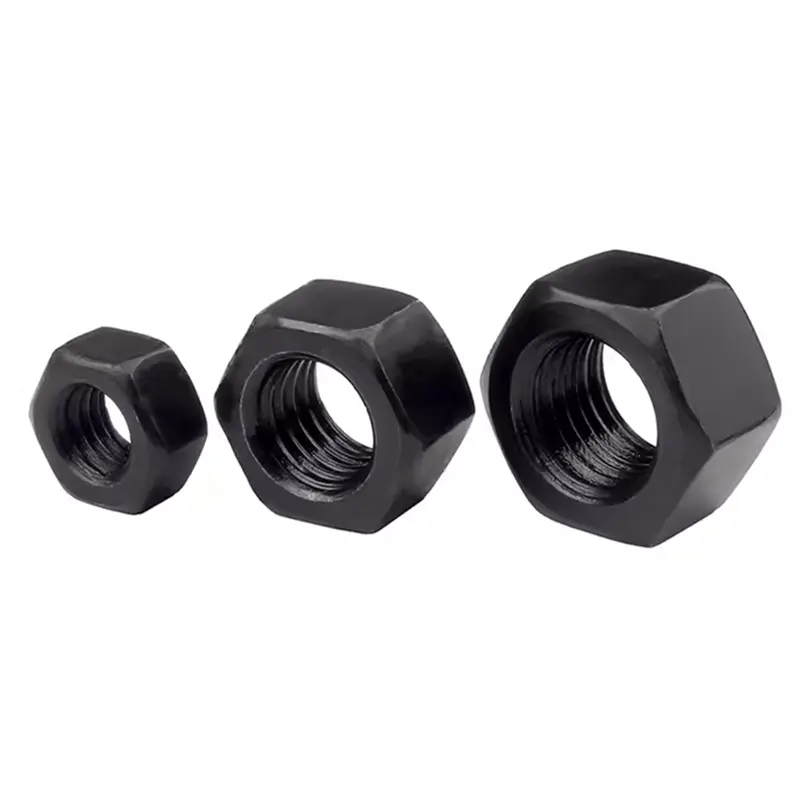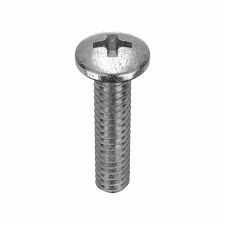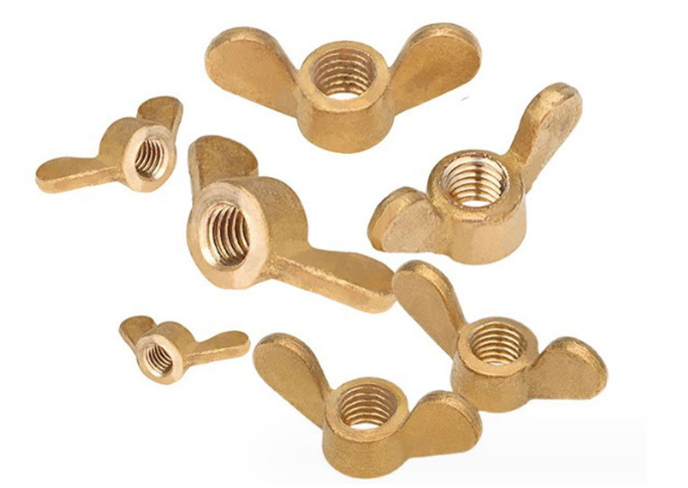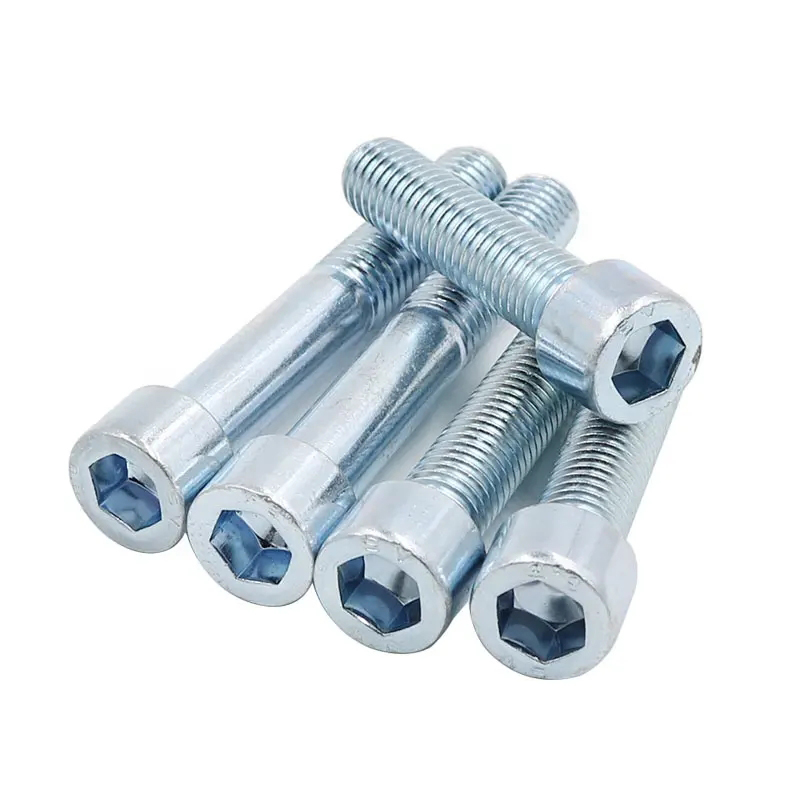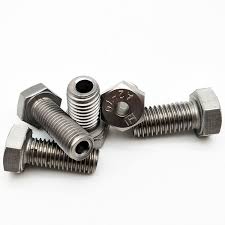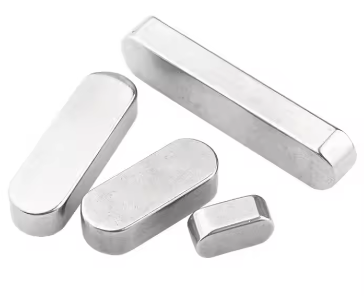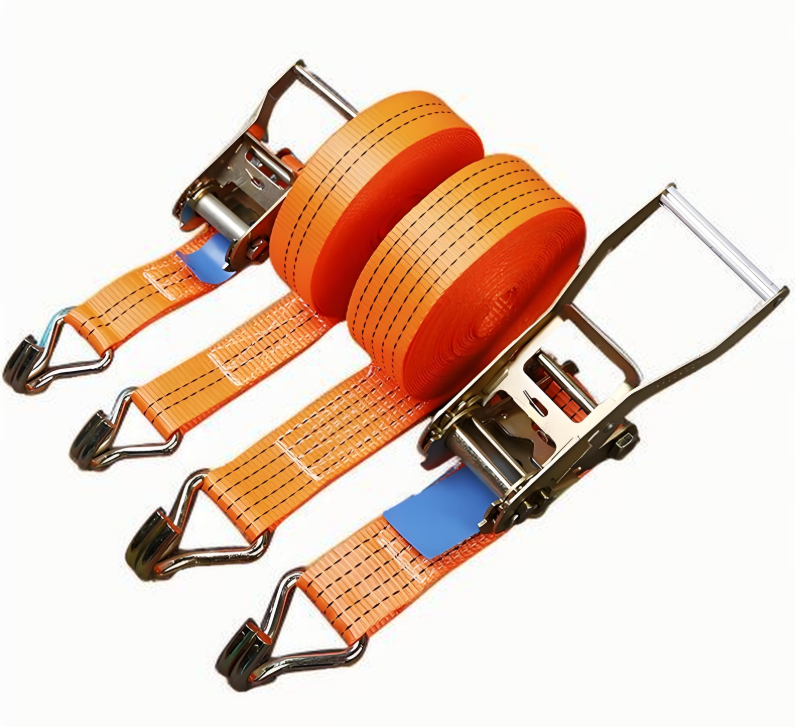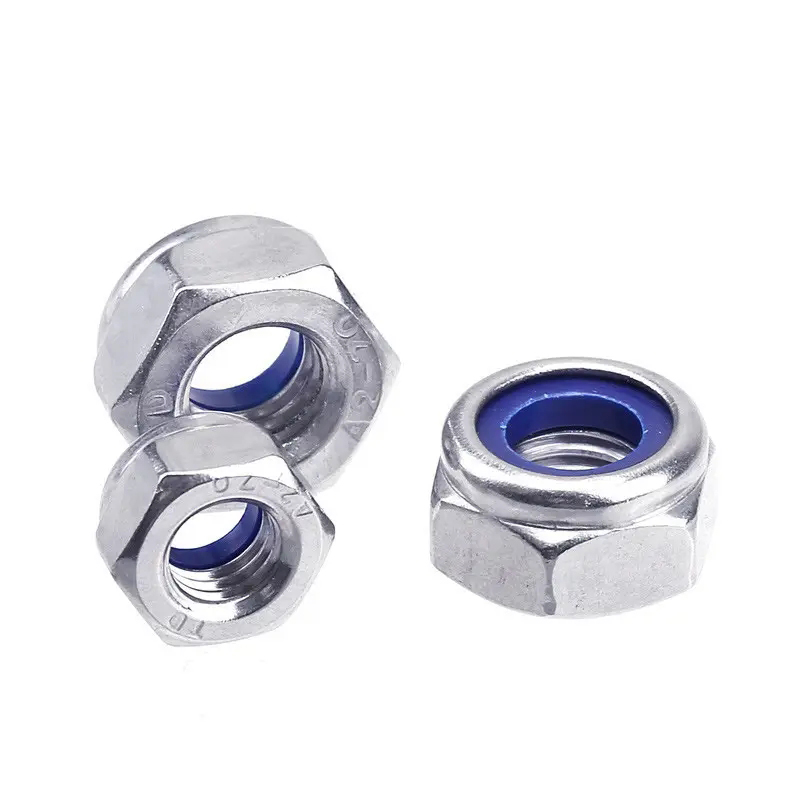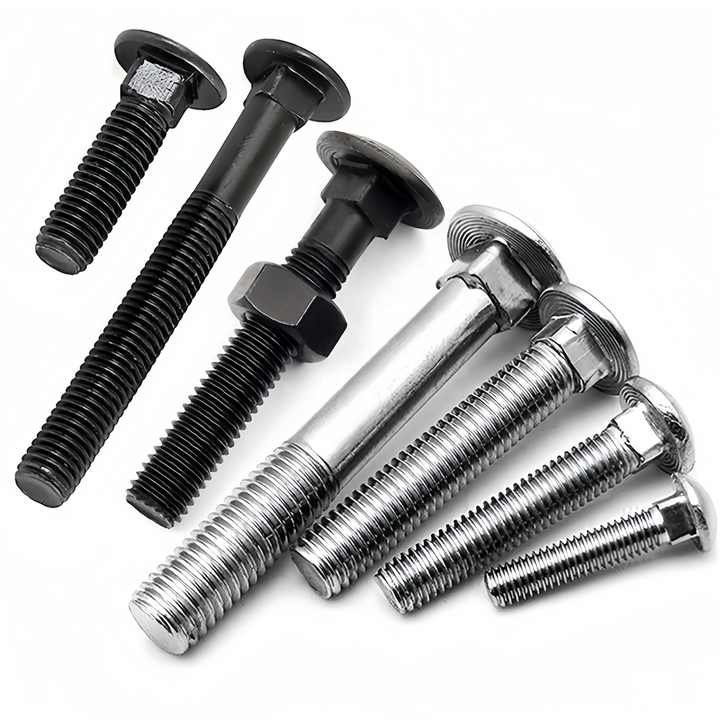

This guide provides a detailed overview of selecting the ideal shim supplier, covering factors like material selection, manufacturing processes, quality control, and considerations for various applications. Learn how to identify reputable suppliers and ensure you receive high-quality shims tailored to your specific needs.
The choice of material significantly impacts the performance and lifespan of your shims. Common materials include steel (stainless steel, carbon steel, alloy steel), aluminum, brass, copper, and plastics. The best material depends heavily on the application. For example, stainless steel shims offer excellent corrosion resistance, making them suitable for outdoor or marine environments. Aluminum shims are lightweight and offer good electrical conductivity. Hebei Dewell Metal Products Co., LTD (https://www.deweLLfastener.com/) offers a wide selection of materials for their shim products, catering to diverse industrial needs. Consider factors such as required thickness, strength, tolerance, and environmental exposure when choosing a material.
High-quality shims are produced using precise manufacturing processes. Common methods include stamping, machining, and laser cutting. The chosen process depends on the required tolerance, volume, and complexity of the shim's design. Precision machining offers the highest degree of accuracy, while stamping is suitable for high-volume production of simpler designs. A reliable shim supplier will have the capability and expertise to handle various manufacturing techniques.
The thickness and tolerance of shims are critical for achieving precise alignment and proper functionality. Shims are typically available in various thicknesses, with tolerances ranging from a few micrometers to several millimeters. When selecting a shim supplier, it's crucial to specify your required thickness and tolerance to ensure compatibility with your application.
A reliable shim supplier will implement rigorous quality control measures throughout the manufacturing process. Look for certifications such as ISO 9001, indicating adherence to international quality management standards. These certifications demonstrate a commitment to consistent quality and customer satisfaction. Thorough inspections and testing ensure that shims meet the specified requirements and perform as expected.
Excellent customer service is a hallmark of a top-tier shim supplier. Responsive communication, timely delivery, and assistance with technical questions are essential. A reliable supplier will be able to address your concerns promptly and provide the necessary support to ensure a smooth and efficient process.
Shims find widespread application across numerous industries. Some common uses include:
When comparing potential shim suppliers, consider the following factors:
| Criterion | Importance |
|---|---|
| Material Selection | High |
| Manufacturing Processes | High |
| Quality Control | High |
| Pricing & Lead Times | Medium |
| Customer Service | Medium |
By carefully considering these factors and conducting thorough research, you can effectively identify a reliable shim supplier to meet your specific requirements.


